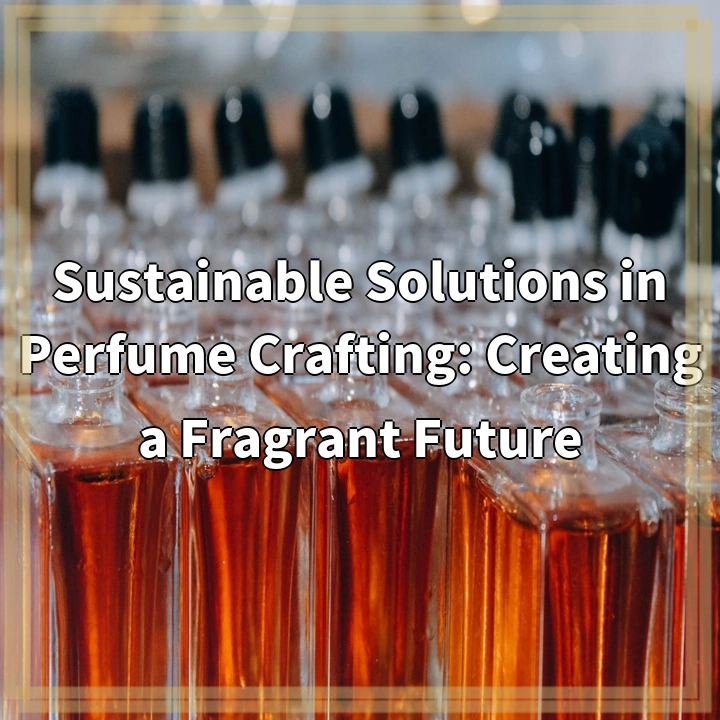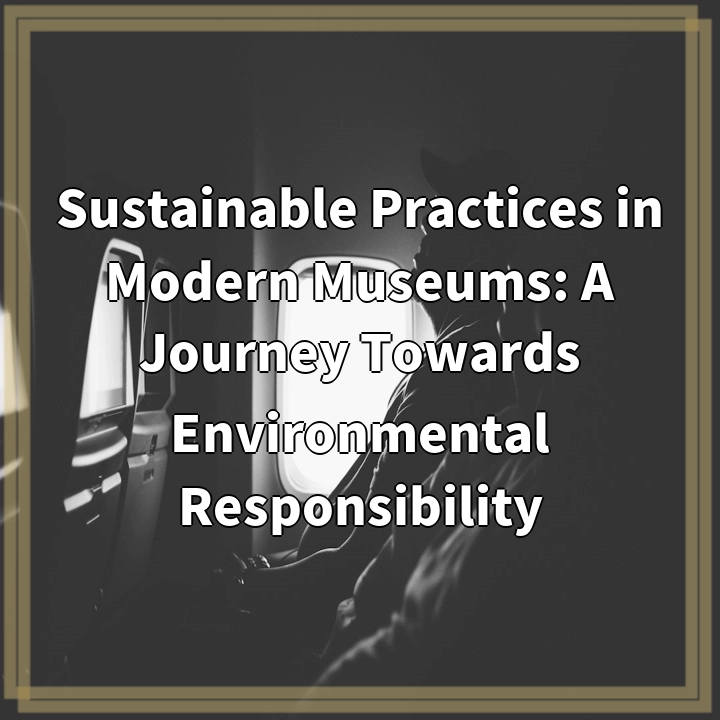
What is Sustainable Solutions in Perfume Crafting?
Sustainable solutions in perfume crafting refer to the initiatives and practices aimed at making the perfume industry more environmentally friendly and socially responsible. Traditionally, perfume crafting has relied heavily on synthetic ingredients, which can have negative impacts on the environment and human health. However, with growing concerns about climate change, pollution, and sustainability, there is a growing demand for sustainable alternatives in the perfume industry.
Real-World Problems Associated with Perfume Crafting
1. Environmental Impact
The conventional perfume industry heavily relies on synthetic ingredients derived from petrochemicals. The production and extraction of these ingredients contribute to air and water pollution, greenhouse gas emissions, and the depletion of natural resources. Additionally, the disposal of perfume packaging and wasted products often ends up in landfills, exacerbating the problem further.
2. Health Concerns
Synthetic fragrances used in perfumes can contain numerous chemicals that may have adverse effects on human health. Some of these chemicals have been linked to allergies, respiratory issues, hormone disruption, and even certain forms of cancer. Furthermore, the production and use of these fragrances can contribute to indoor air pollution, negatively affecting the well-being of individuals.
3. Animal Testing
The perfume industry has historically relied on animal testing to assess the safety and efficacy of new fragrance ingredients. This practice has raised ethical concerns and led to the suffering and harm inflicted upon animals. Many consumers now seek cruelty-free and vegan perfumes, driving the demand for sustainable alternatives that do not involve animal testing.
4. Lack of Transparency
Many perfume companies are not transparent about the ingredients used in their products. This lack of transparency makes it challenging for consumers to make informed choices and identify sustainable perfumes. Moreover, it hinders efforts to hold companies accountable for their environmental and social practices.
5. Overconsumption and Waste
The perfume industry, like many consumer industries, encourages overconsumption. With countless new fragrances released each year, consumers are often tempted to keep purchasing more products. This leads to excessive production, packaging waste, and a throwaway culture that is detrimental to the environment.
In the face of these real-world problems, it is crucial for the perfume industry to embrace sustainable solutions. By adopting practices such as using natural and organic ingredients, reducing packaging waste, supporting fair trade, and promoting transparency, the industry can work towards creating a fragrant future that is both environmentally responsible and socially conscious.

Solutions for Sustainable Perfume Crafting
Addressing the real-world problems of the perfume industry requires implementing sustainable solutions that promote environmental responsibility and social consciousness. Here are some key solutions to consider:
1. Embrace Natural and Organic Ingredients
Transitioning from synthetic fragrances to natural and organic ingredients is a crucial step towards sustainability. These ingredients can be sourced from renewable resources, minimizing environmental impact and reducing the use of harmful chemicals. Additionally, they often offer unique and diverse fragrance profiles that appeal to conscious consumers.
2. Reduce Packaging Waste
The perfume industry can make significant progress by reducing packaging waste. This can be achieved through various means, such as using recyclable or biodegradable materials for packaging, implementing refill programs, and minimizing excess packaging. By embracing sustainable packaging practices, the industry can significantly reduce its environmental footprint.
3. Support Fair Trade and Ethical Sourcing
Ensuring that fragrance ingredients are ethically sourced and supporting fair trade practices is another important aspect of sustainable perfume crafting. By partnering with suppliers who prioritize fair wages, safe working conditions, and biodiversity conservation, perfume companies can contribute positively to the communities and ecosystems involved in the production process.
4. Promote Transparency and Accountability
Increasing transparency and accountability within the perfume industry is crucial for consumers to make informed choices. Perfume companies should clearly disclose the ingredients used in their products, as well as their environmental and social practices. Independent certifications and labeling systems can also help consumers identify sustainable perfumes, fostering trust and encouraging responsible purchasing decisions.
5. Educate Consumers and Advocate for Change
Engaging and educating consumers about the environmental and health impacts of conventional perfumes is key to driving change. Perfume crafting blogs, social media campaigns, and partnerships with influencers can be effective tools in spreading awareness and promoting sustainable alternatives. By empowering consumers with knowledge, they can make conscious choices that align with their values and contribute to a fragrant future.















